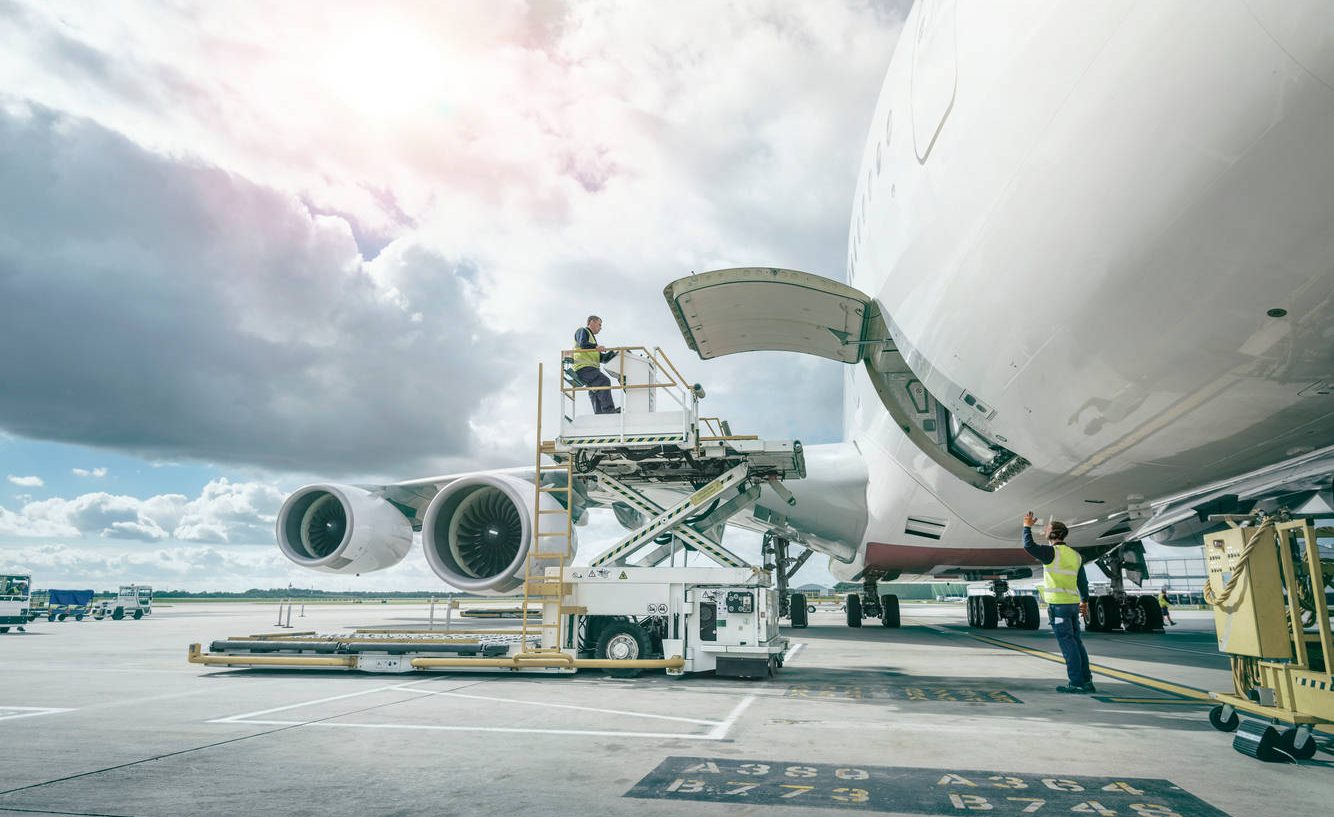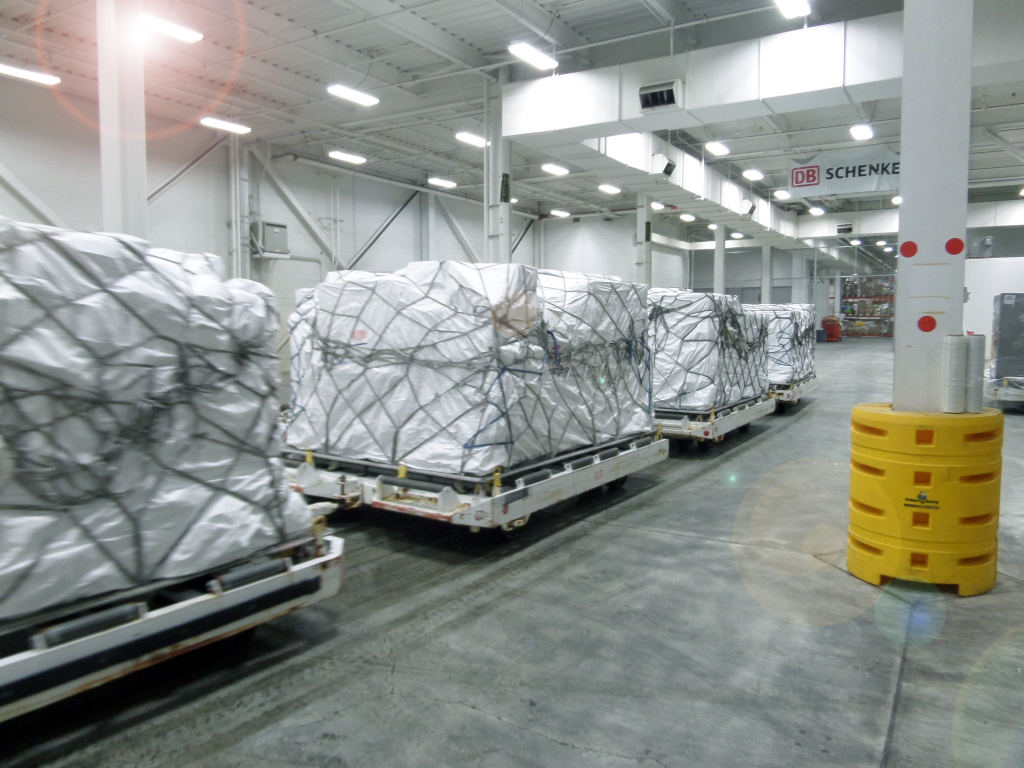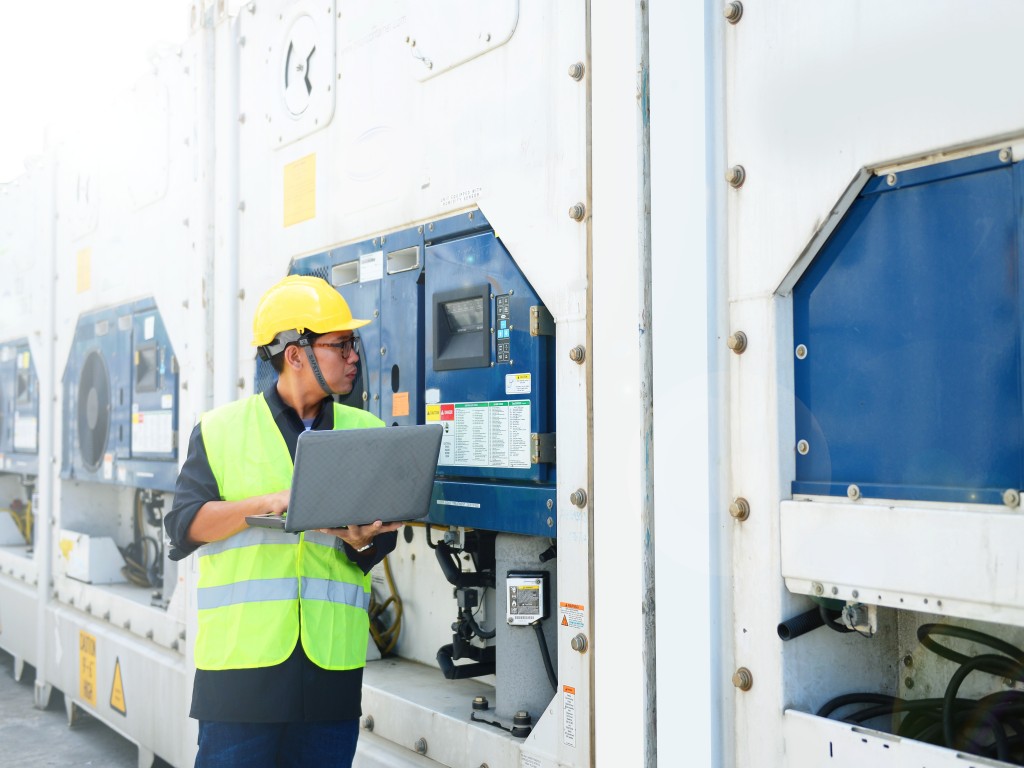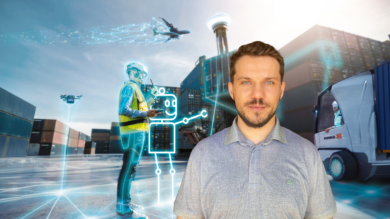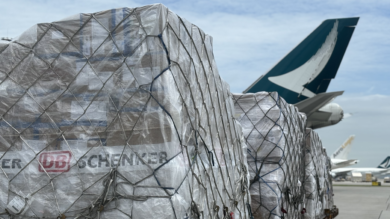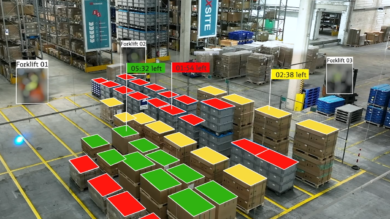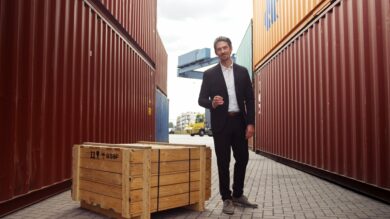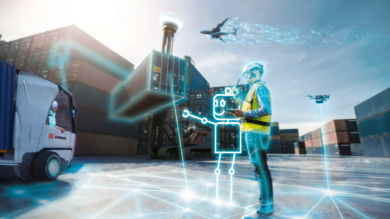Some say that there is nothing more important than health. Healthcare business is for certain a hot topic in logistics right now. With more than 150 COVID-19 vaccines in development worldwide, COVID-19 vaccine transport is at the top of the agenda for many logistics companies. The importance of logistics and its corresponding responsibility to society is growing every day.
Veronique Dameme, Head of Global Vertical Healthcare at DB Schenker, has worked in the logistics industry for more than 20 years. Currently based in DB Schenker’s Regional Head Office in the USA, she understands the significance of this endeavor and the role logistics providers must play.
In the interview below, Veronique discusses healthcare logistics, her view on the potential COVID-19 vaccine transport and the challenges this might bring.
Logistics Matters: Many people are waiting and hoping for the approval and distribution of a COVID-19 vaccine. How do you evaluate the situation?
Veronique Dameme: The current situation is very volatile and uncertain – both on the logistics side and the overall environment. There is the wish from all of us: ‘When are we going back to a more normal life?’. The changes caused by the COVID-19 pandemic are something extraordinary for the whole global community: Never before in modern society has the whole world stood still due to a virus. The frequency of new viruses appearing is increasing and the impact of COVID-19 on individuals, societies and global economy is yet to be seen.
In every crisis, there is at least one opportunity to learn, grow and improve – that is also something we at DB Schenker should look at. Firstly, by contributing to the well-being of the general population and showing the importance of logistics as an industry. Secondly, by developing our own cold chain capabilities at DB Schenker further. And thirdly, by developing and training more people at DB Schenker to handle the transport of pharmaceutical products.
Logistics Matters: What are the key challenges in COVID-19 vaccine transport?
Veronique: From my point of view there are four major challenges as a logistics service provider:
One is of course the scope: This pandemic is affecting the entire world population. Usually, for example when we have a flu or malaria, this is regionally limited. The size of this pandemic is unique, meaning the magnitude of transporting several billion doses is huge.
Therefore, another critical point will be the supply capabilities. In addition, completely new technology has been used for production, which no one has previous experience with. The transport conditions of the vaccine, which requires deep-frozen temperatures of -20⁰C to -70⁰C, are extremely demanding.
Another key challenge is the capacity. Usually, approximately 70 percent of cargo worldwide is transported by passenger flights. In current times, we must rely only on charter capacity for COVID-19 vaccine transport.
For me personally, it is important that we ensure that not only the northern hemisphere receives the vaccine, but also the southern hemisphere. It is our responsibility, both as a business and as individuals, to ensure that South America or Africa receives access too. We are all aware that the governments in the northern hemisphere have enough money to finance the transports, but how do we as a company help countries without adequate cold chain conditions or even basic infrastructure?
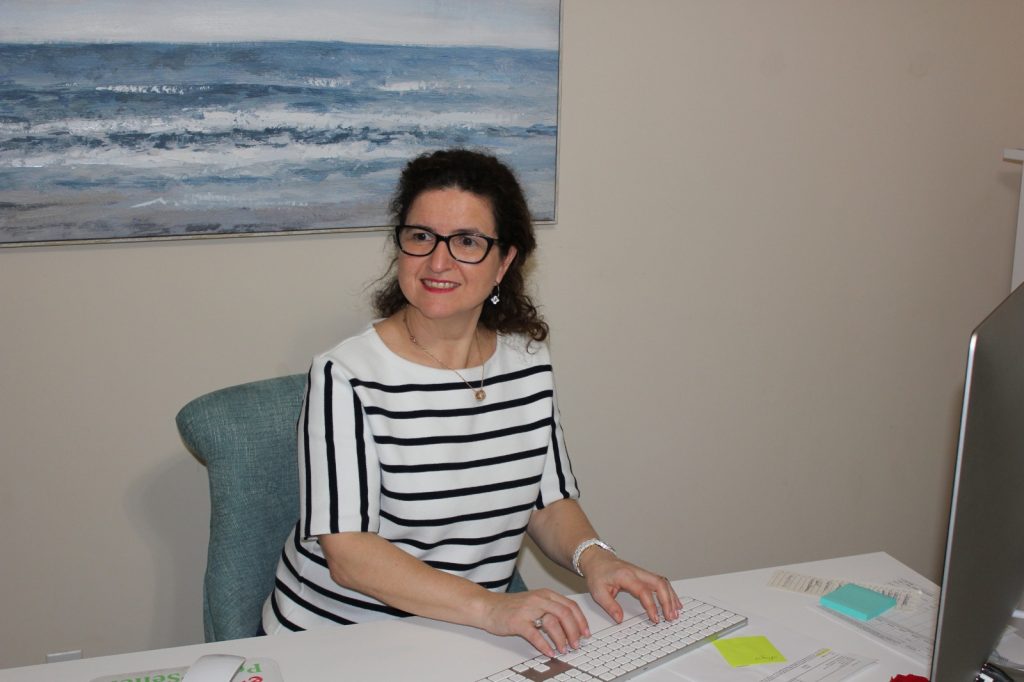
Logistics Matters: How have customer expectations and needs changed during the pandemic? What are the key trends?
Veronique: Due to the pandemic, we are facing situations in which we act as consultant more than ever before. Rather than the cost being the most important factor when selecting a logistics provider, our specific solutions and expertise makes the difference. Now, our customers from the biopharmaceutical healthcare segment are asking for our knowledge and our collaboration. They want logistics service providers, like DB Schenker, who have the ability to think outside the box and develop new and innovative ideas to increase the agility and flexibility demanded by the pandemic.
Moreover, our customers are more interested in our robust solutions, our business continuity plan and insights into how other industries are affected by the COVID-19 vaccine transport. When capacity is limited, how do other industries prepare their supply chain for production? Coming back to the requirements for the COVID-19 vaccine transport and cooling the product to -70⁰C, who can ensure the integrity of the product while dealing with limited supply?
Logistics Matters: From your perspective, what is so fascinating about the healthcare market?
Veronique: I am addicted to this industry because it gives my work a purpose! The healthcare business – especially the biopharma clinical path – asks for high expertise, GDP (Good Distribution Practice) compliance, replicable processes and no room for failure.
“You always have to remember that at the end of the supply chain, there is a patient who is a human being. We are talking about life!”
Of course, this also means higher investments and high market entry barriers – but also high returns. Only a few companies today have the capabilities and the network to move temperature-controlled products, since it is necessary to have a proper infrastructure (IT and facilities), process (GDP compliance) and people (dedication and training).
Logistics Matters: What have you personally learned so far during the COVID-19 pandemic?
Veronique: There are things which are bigger than us. If you think you have everything under control – forget it! Once again, I was reminded how important it is to have a loving environment in life. It is about helping each other – especially mentally.
For me, I started working in a new company in the middle of the first lockdown in April. It is not easy to integrate under these conditions, but my colleagues at DB Schenker made it easy for me. I was also surprised to see how quickly we adapted to new technologies. I am absolutely convinced that we, as a company, are in a strong position to offer solutions to our clients and take on the challenge of supporting COVID-19 vaccine transport in many ways. Our entrepreneurial mindset, technology and people make the difference.
Published: January 2021


